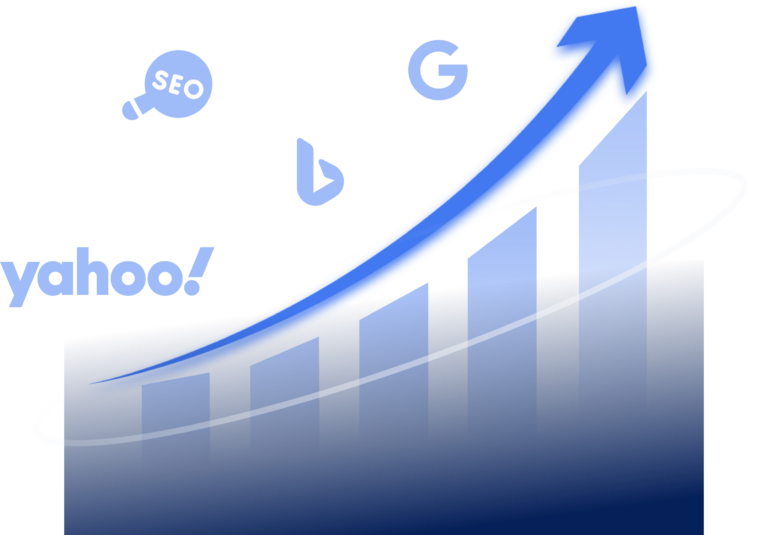What is PageRank?
PageRank is a Google evaluation system that analyzes and evaluates the link structure of a website. PageRank is a value that is made up of the number of links on a page. If a large number of high-quality links refer to a website, the PageRank is correspondingly high. However, it is not only the number of links that matters, but also the quality of the sources. For example, it is possible that a page with only seven external links may have a better PageRank than a page with 30 links. It always depends on the quality of the links and also on the PageRank of the page on which the links are clickable.
What does PageRank mean?
Contrary to what the name might suggest, the term PageRank does not come from the word rank, but from Larry Page, the developer of the algorithm. Together with Sergey Brin, he developed the method for node ranking in a linked database in 1997, which he later registered as a patent. In doing so, they created the basis for the Google search engine, of which they can also call themselves founders.
How does PageRank work?
The PageRank of a page is defined by a value between 0 and 10. Above a certain number of points, it is much more difficult to achieve the next best value. In practice, pages only receive a PageRank of 0 if they are either very new on the market or have already been penalized by Google for ranking violations. PageRank can be compared with the general link popularity in the evaluation. However, it should be noted that not only the number of links, but also their importance is included in the evaluation. Links that are on a very fresh page therefore generally have less influence on the PageRank rating. The formula for PageRank is PR(A) = (1-d) + d (PR(T1)/C(T1) + … + PR(Tn)/C(Tn)). Where PR(A) is the PageRank of page A, PR(Ti) to PR(Tn) is the PageRank of the pages Ti to Tn linking to A and C(Ti) to C(Tn) is the number of links on the page Ti to Tn.
According to the developer, the behavior of the PageRank algorithm is comparable to a random Internet user. The random server begins its journey on a random website and then accesses other pages via links. Human behavior is simulated by the damping factor. After a certain time, the system aborts the search, because a human visitor would not follow links endlessly.
Can the PageRank be displayed?
Unfortunately, it is no longer possible for website operators to display the PageRank. Until 2016, companies were able to track this using graphs for their own website. Nowadays, this value can only be estimated. However, Google has stated that PageRank is still included in the evaluation.
How relevant is PageRank for search engine optimization?
Google stated that PageRank only has a very small impact on positions in the search results. There are many relevant ranking factors nowadays, so PageRank only plays a subordinate role.










